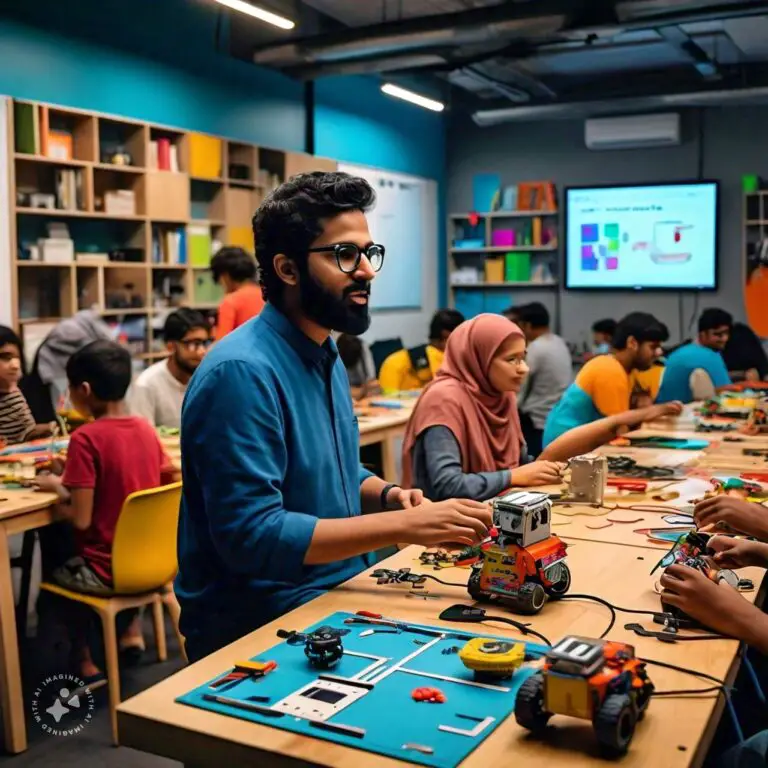The Double-Edged Sword of AI: How Artificial Intelligence Could Deepen Inequalities in the World
Meta Description: Explore the potential risks of AI exacerbating existing inequalities and discover ways to mitigate its negative impacts on society.

Artificial intelligence (AI) has revolutionized numerous industries, transforming the way we live and work. However, like any powerful technology, AI also poses significant risks, particularly in deepening existing inequalities in society. In this article, we’ll delve into the potential negative impacts of AI and explore ways to mitigate its effects.
The Promise of AI: Efficiency and Innovation
AI has the potential to bring about unprecedented efficiency and innovation, automating mundane tasks, and freeing humans to focus on creative and high-value work. AI-driven applications have already improved healthcare, transportation, and education, among other areas.
The Dark Side of AI: Exacerbating Inequalities
Despite its benefits, AI also poses significant risks, including:
- Job displacement: AI could automate jobs, disproportionately affecting vulnerable populations, such as low-skilled workers and minorities.
- Bias in AI decision-making: AI systems can perpetuate existing biases, leading to unfair outcomes and exacerbating social inequalities.
- Digital divide and access to AI: The unequal distribution of AI technology and skills could widen the gap between the haves and have-nots.
AI and Job Displacement
AI has the potential to displace jobs, particularly those that involve repetitive tasks or are easily automatable. This could lead to significant social and economic upheaval, especially for vulnerable populations.
Bias in AI Decision-Making
AI systems can inherit the biases present in the data used to train them, leading to unfair outcomes and perpetuating existing social inequalities. For instance, AI-powered facial recognition systems have been shown to be less accurate for individuals with darker skin tones.
The Digital Divide and Access to AI
The unequal distribution of AI technology and skills could exacerbate existing social and economic inequalities. Those with access to AI tools and training may have a significant advantage over those without.
Mitigating the Negative Impacts of AI
To ensure that AI benefits everyone, we must address its negative impacts. Strategies include:
- Investing in education and retraining programs to prepare workers for an AI-driven economy.
- Developing AI systems that are transparent, explainable, and fair.
- Implementing policies to ensure equal access to AI technology and training.
- Encouraging diverse and inclusive AI development teams.
Conclusion
AI has the potential to bring about unprecedented benefits, but it also poses significant risks. By acknowledging and addressing these risks, we can ensure that AI benefits everyone, rather than deepening existing inequalities. It’s crucial to develop AI systems that are fair, transparent, and inclusive, and to implement policies that mitigate its negative impacts.






